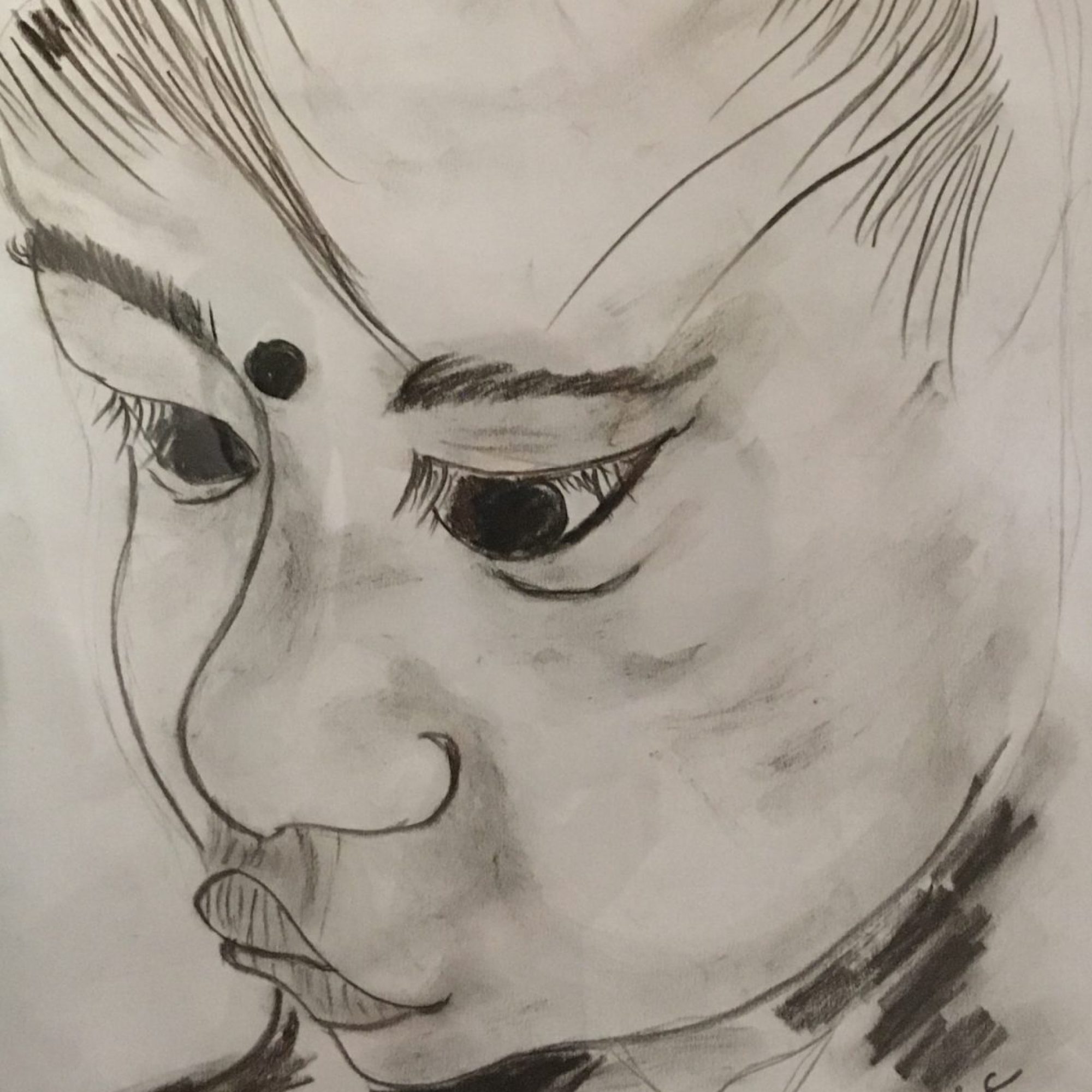Expanding access to children’s mental health care is a critically important global health challenge. Of the 20% of all children who suffer from a mental health condition, 80%-90% will remain undiagnosed, untreated and will be adversely affected their entire lives. In India, the low- and middle- income country (LMIC) home of our work, 1% of youth in need of mental health services receives it.
In LMICs, the burden of children’s mental illness is particularly heavy due to larger populations with higher proportions of children and adolescents, higher rates of adverse childhood events and poverty, lack of adequate resources to care for children, and under-recognition of their mental health needs.
A lack of professional human resources in LMICs to meet their large children’s mental health treatment need necessitates the use of alternative models of care. Task-shifting is one such model in which already available human resources are leveraged to fulfill crucial care delivery roles typically filled by mental health professionals.
With child development experience, teachers may be able to deliver task-shifted mental health care to children in LMICs, but they have limited time outside of teaching duties to do so.
To viably leverage teachers to deliver child mental health care and begin to address the global child mental health burden with available resources, we created for the Darjeeling, India region a novel, alternative system of child mental health care, Tealeaf (Teachers Leading the Frontlines – Mansik Swastha [Mental Health in Nepali, the predominant language in Darjeeling]) and a novel therapy, “education as mental health therapy” (Ed-MH).
In Tealeaf, trained & supervised teachers deliver Ed-MH, where Ed-MH techniques are designed to be used in everyday moments teachers have with students, turning those moments of informal support to doses of therapy-like support. Ed-MH thus fits into teacher workflows and minimizes time needed to deliver care, allowing classroom teachers to viably deliver task-shifted mental health care to their students.

